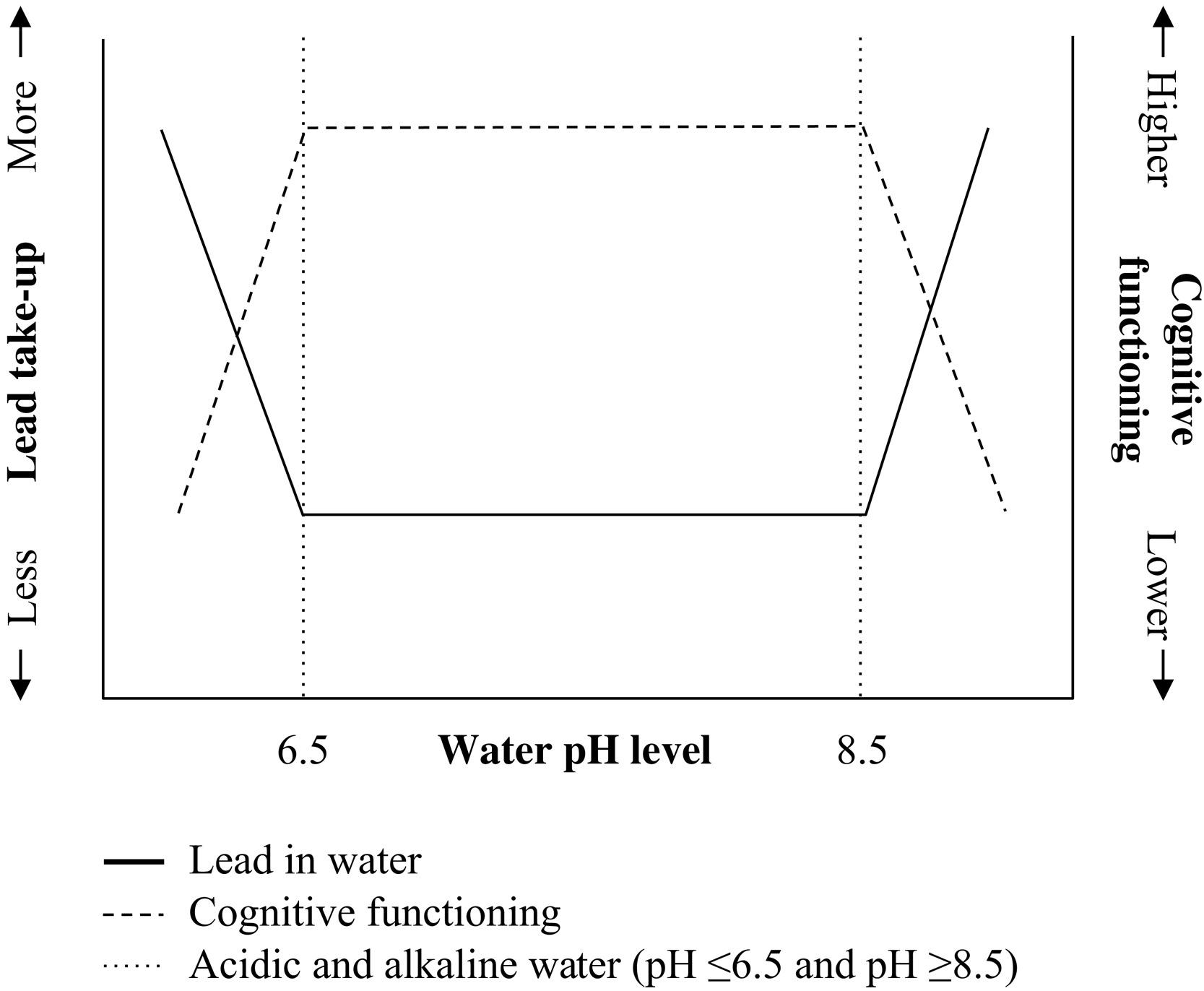Childhood lead exposure is associated with lower cognitive functioning at older ages
IF 11.7
1区 综合性期刊
Q1 MULTIDISCIPLINARY SCIENCES
引用次数: 5
Abstract
The Flint, Michigan water crisis renewed concern about lead toxicity in drinking water. While lead in drinking water has been shown to negatively affect cognition among children, much less is known about its long-term consequences for late-life cognition. Using a nationally representative sample of U.S. older adults linked to historical administrative data from 1940, we find that older adults who lived as children in cities with lead pipes and acidic or alkaline water—the conditions required for lead to leach into drinking water—had worse cognitive functioning but not steeper cognitive decline. About a quarter of the association between lead and late-life cognition was accounted for by educational attainment. Within the next 10 years, American children exposed to high levels of lead during the 1970s will enter older ages. Our evidence highlights the need for stronger actions to identify interventions to mitigate long-term damage among people at high risk.

童年时期接触铅与老年人认知功能低下有关
密歇根州弗林特市的水危机再次引起了人们对饮用水中铅含量的关注。虽然饮用水中的铅已被证明会对儿童的认知能力产生负面影响,但人们对其对晚年认知能力的长期影响却知之甚少。通过对具有全国代表性的美国老年人进行抽样调查,并与 1940 年以来的历史管理数据进行关联,我们发现,小时候生活在有铅管和酸性或碱性水(铅渗入饮用水所需的条件)的城市的老年人认知功能较差,但认知能力并没有急剧下降。在铅与晚年认知之间的关系中,约有四分之一是由教育程度决定的。在未来 10 年内,20 世纪 70 年代暴露于高浓度铅的美国儿童将步入老年。我们的证据突出表明,需要采取更有力的行动来确定干预措施,以减轻对高危人群的长期损害。
本文章由计算机程序翻译,如有差异,请以英文原文为准。
求助全文
约1分钟内获得全文
求助全文
来源期刊

Science Advances
综合性期刊-综合性期刊
CiteScore
21.40
自引率
1.50%
发文量
1937
审稿时长
29 weeks
期刊介绍:
Science Advances, an open-access journal by AAAS, publishes impactful research in diverse scientific areas. It aims for fair, fast, and expert peer review, providing freely accessible research to readers. Led by distinguished scientists, the journal supports AAAS's mission by extending Science magazine's capacity to identify and promote significant advances. Evolving digital publishing technologies play a crucial role in advancing AAAS's global mission for science communication and benefitting humankind.
 求助内容:
求助内容: 应助结果提醒方式:
应助结果提醒方式:


